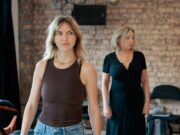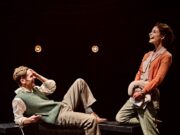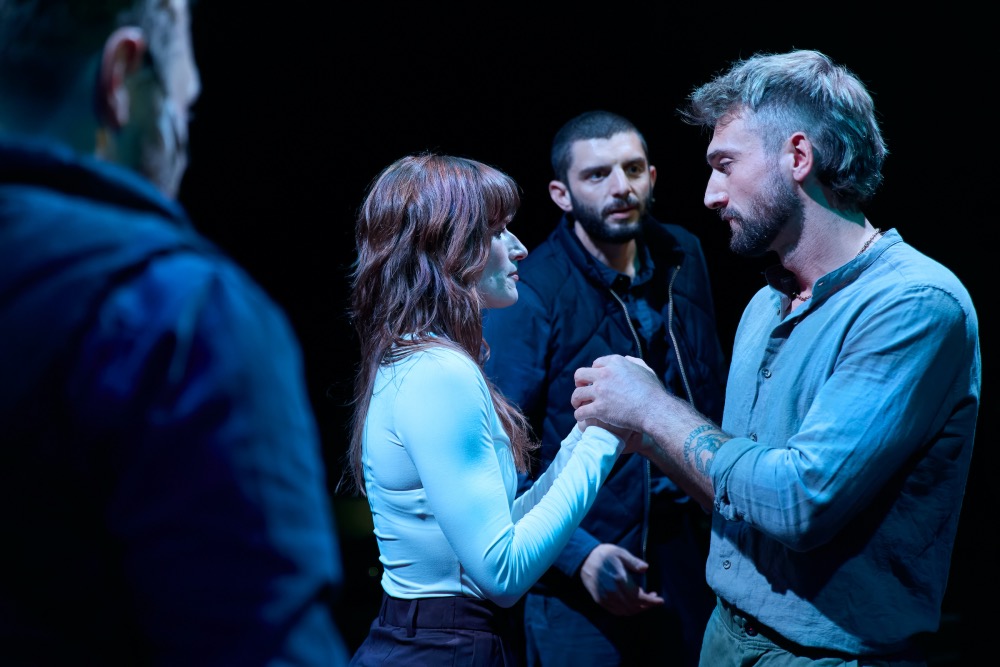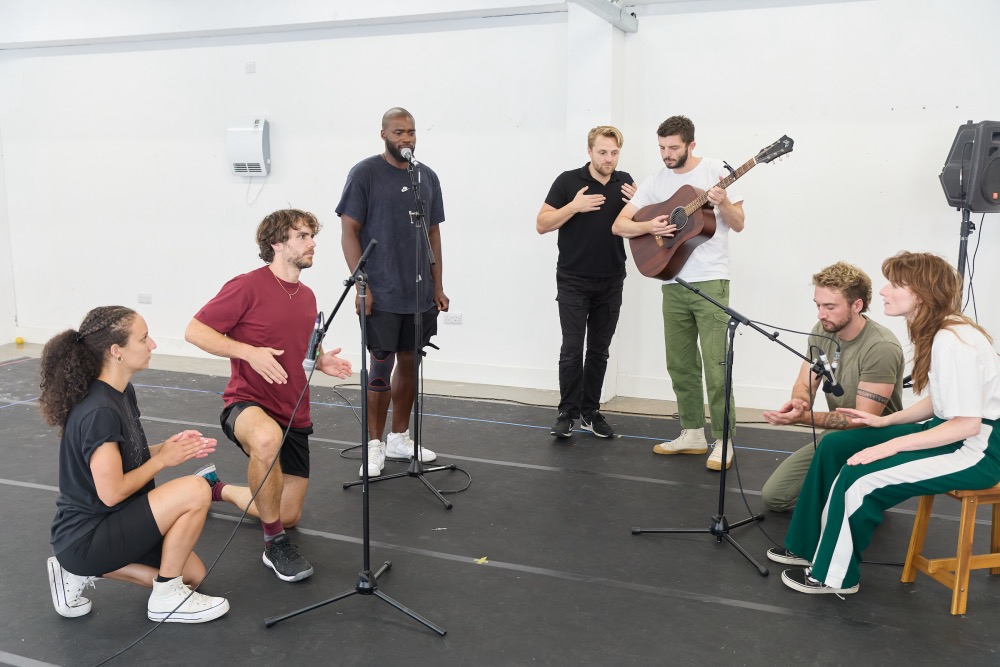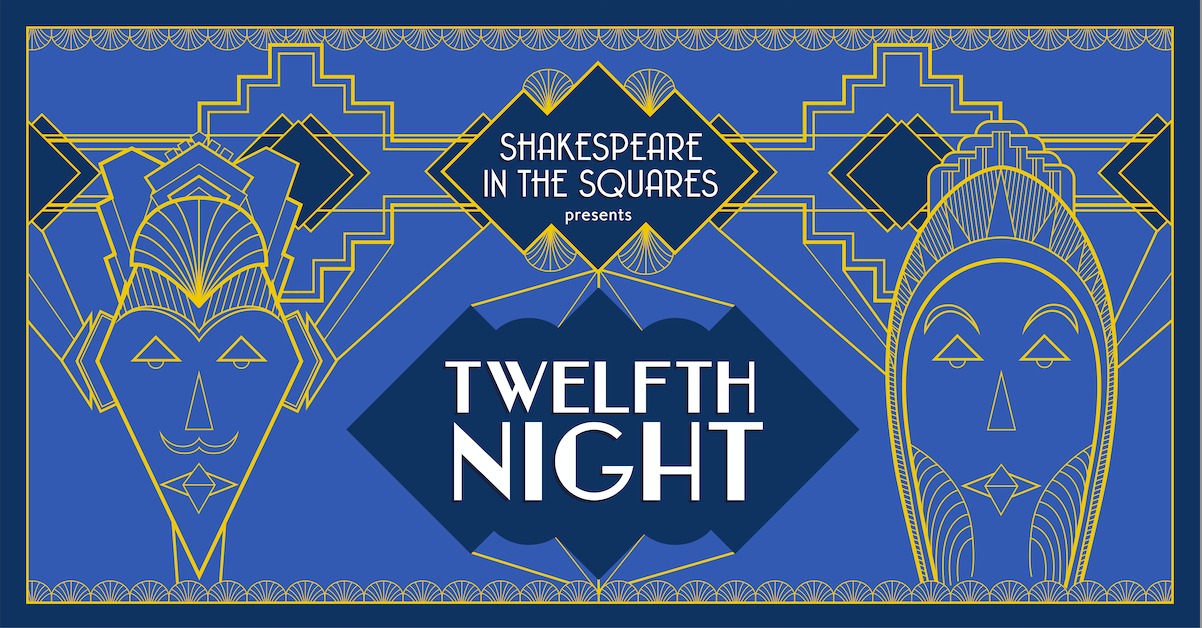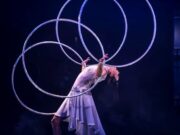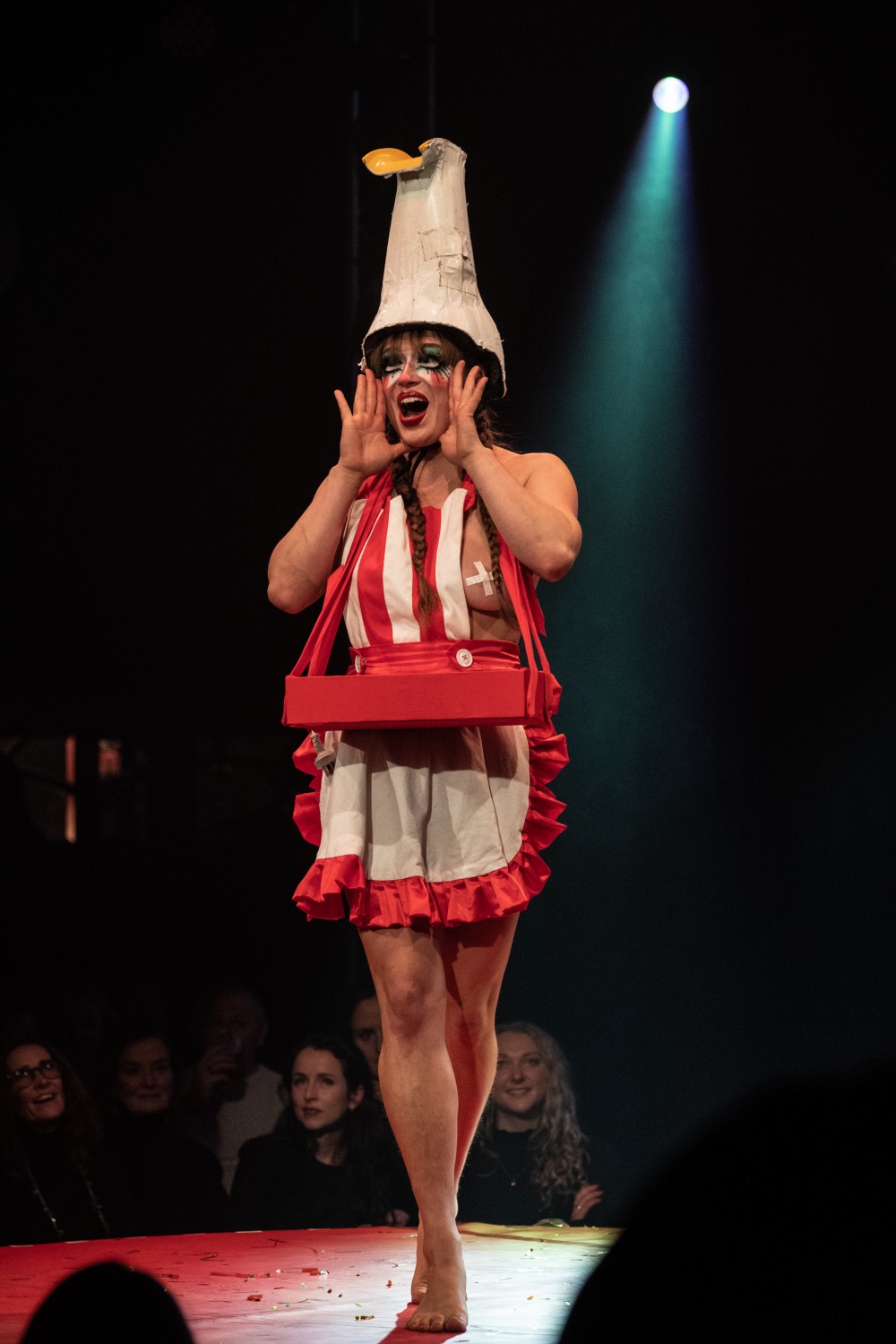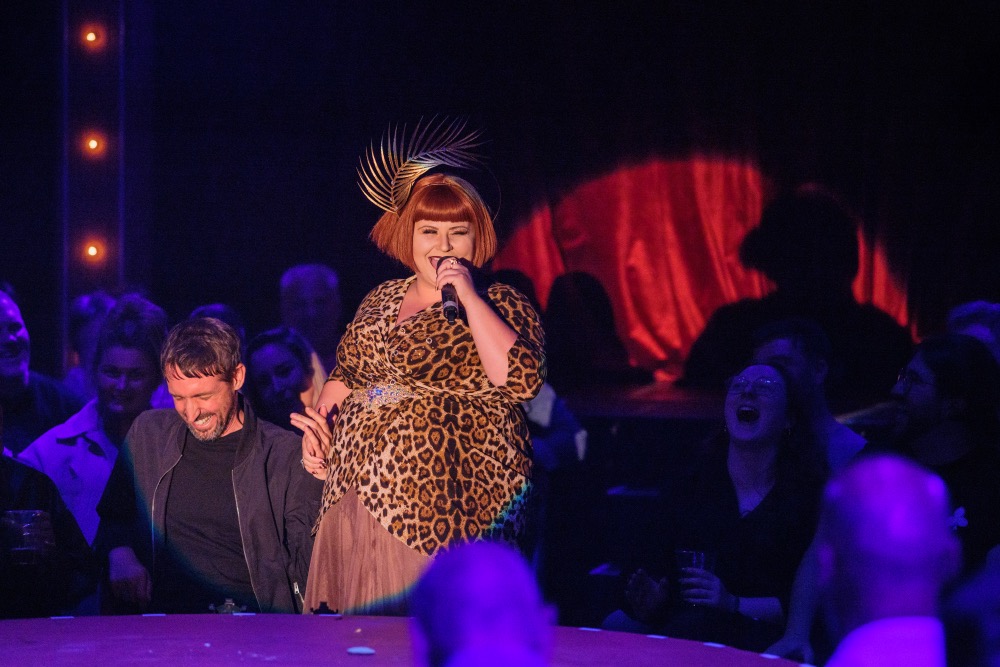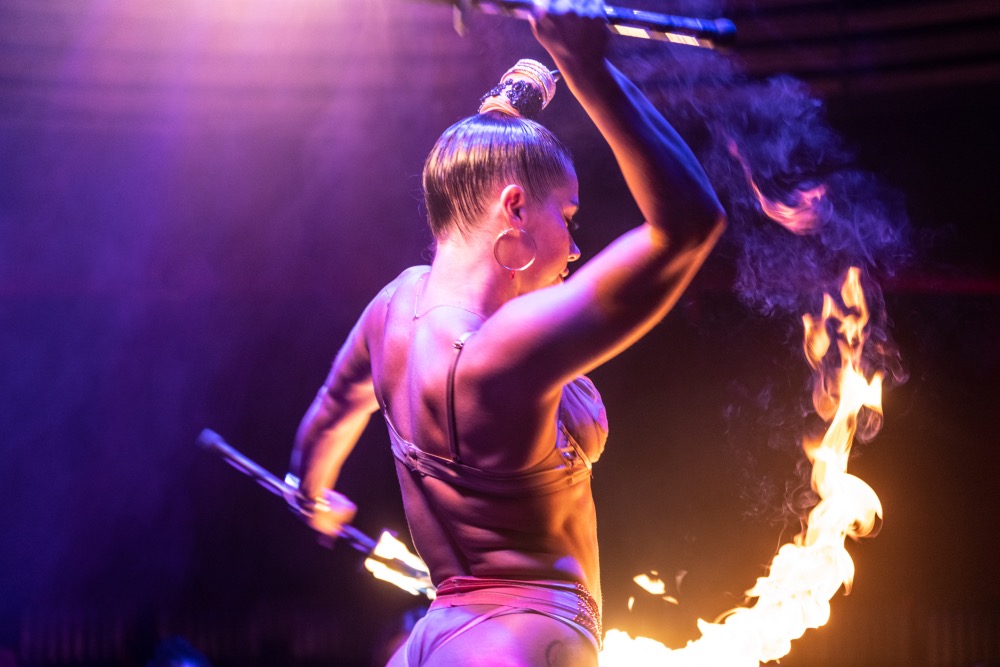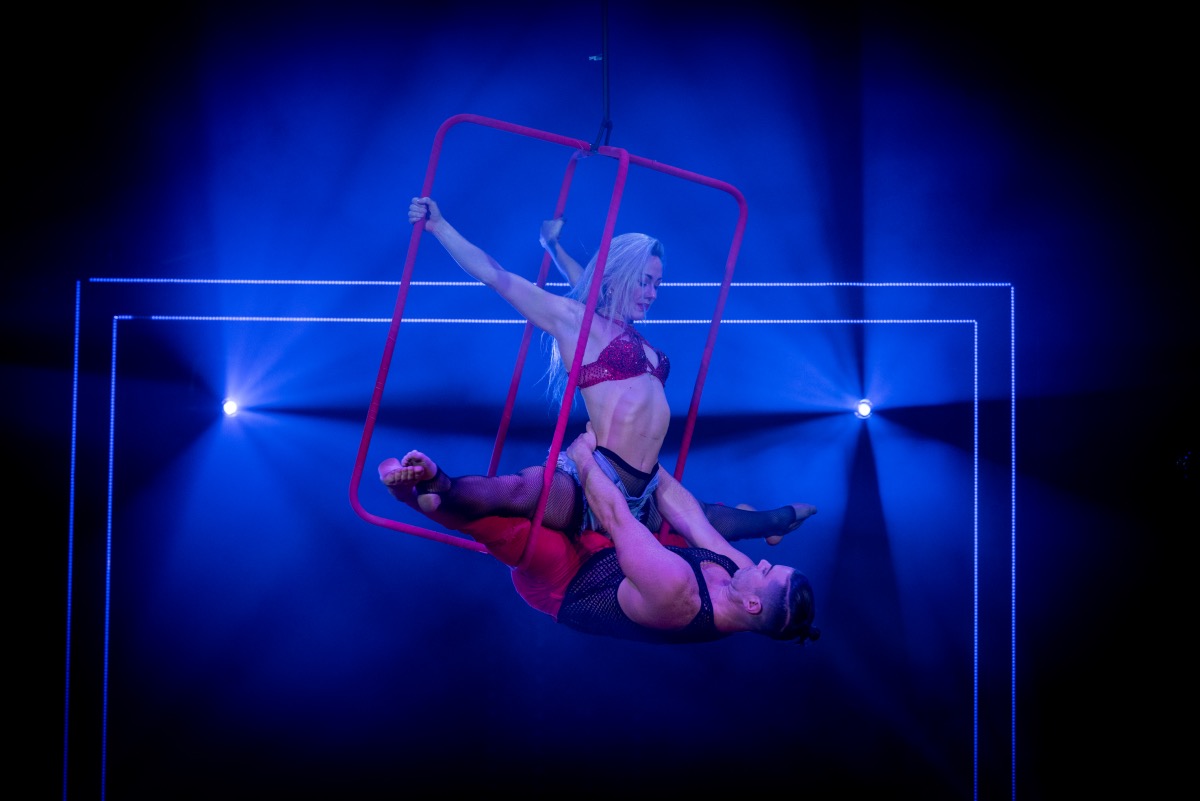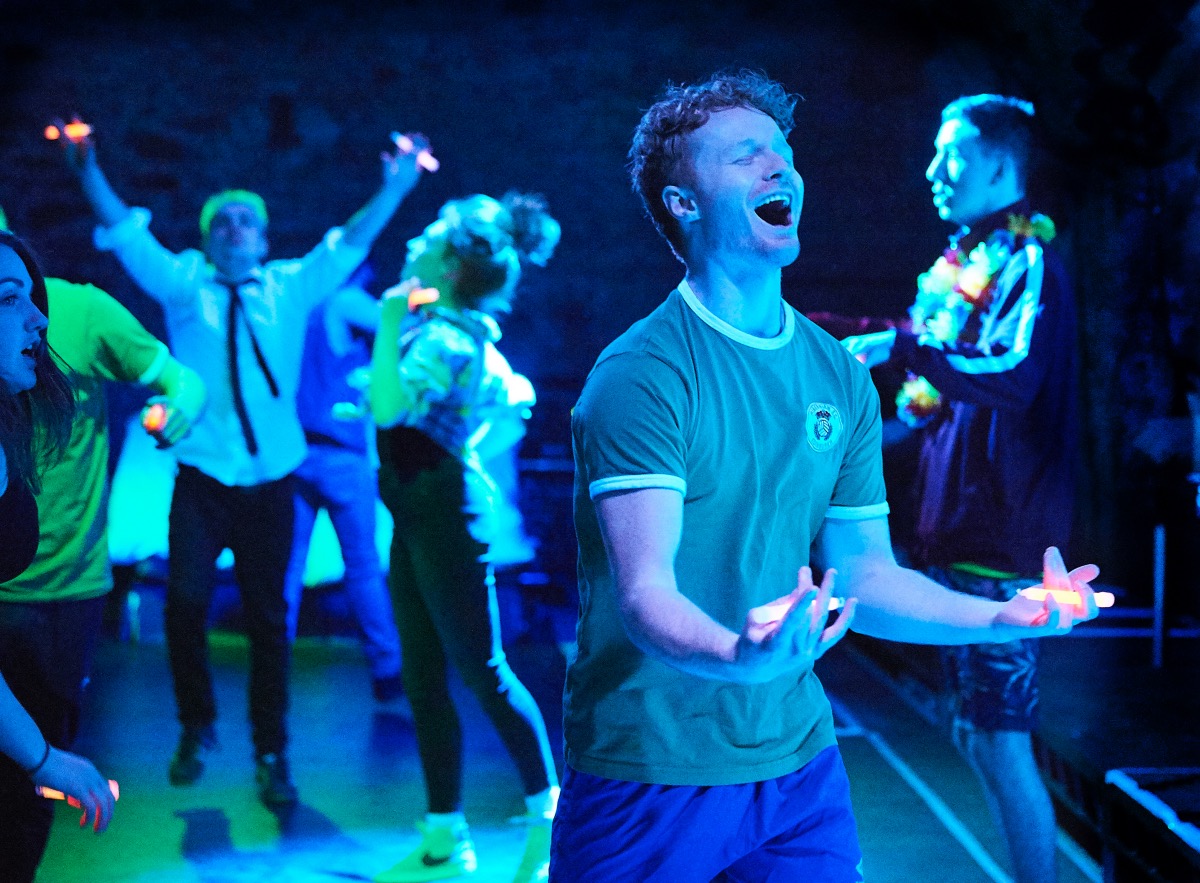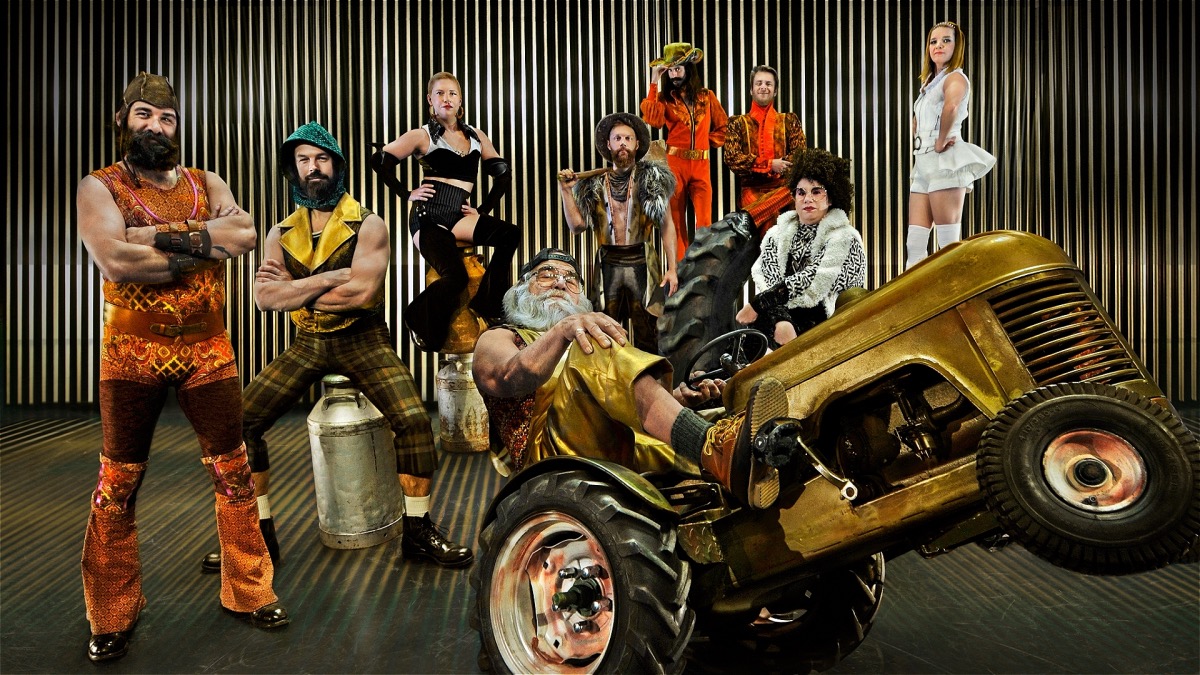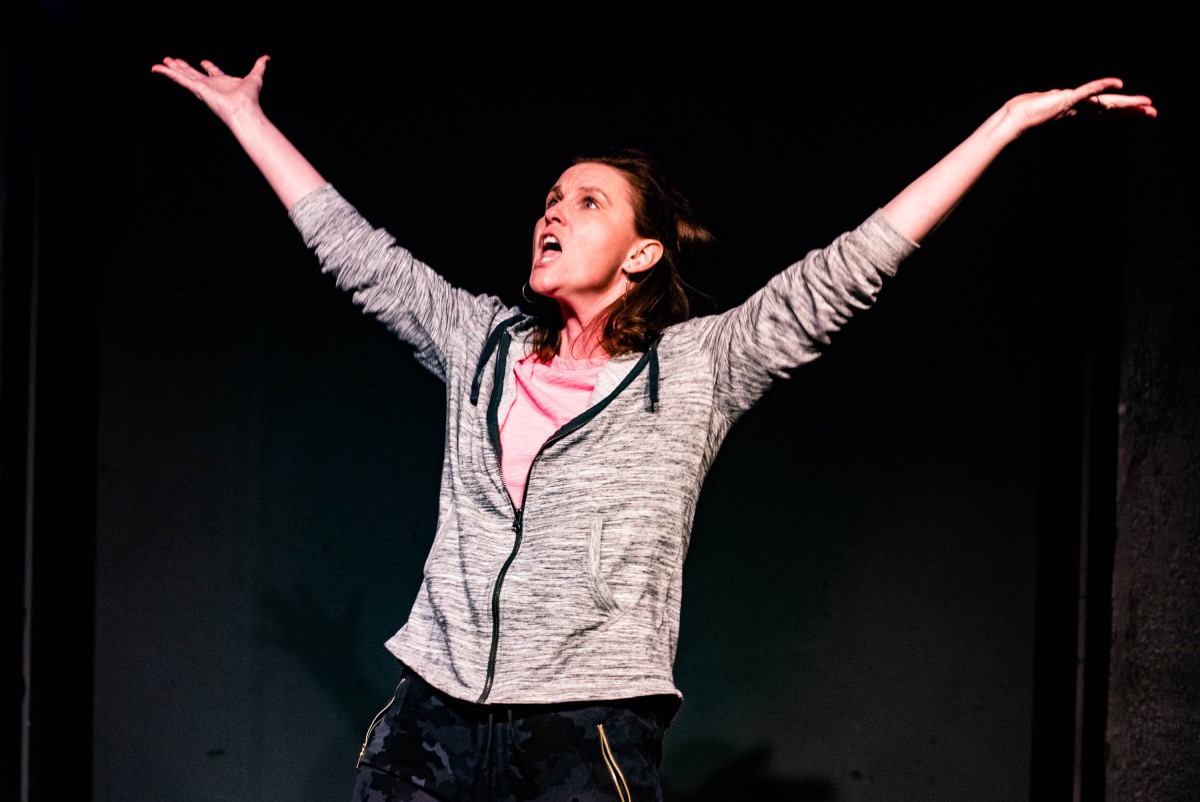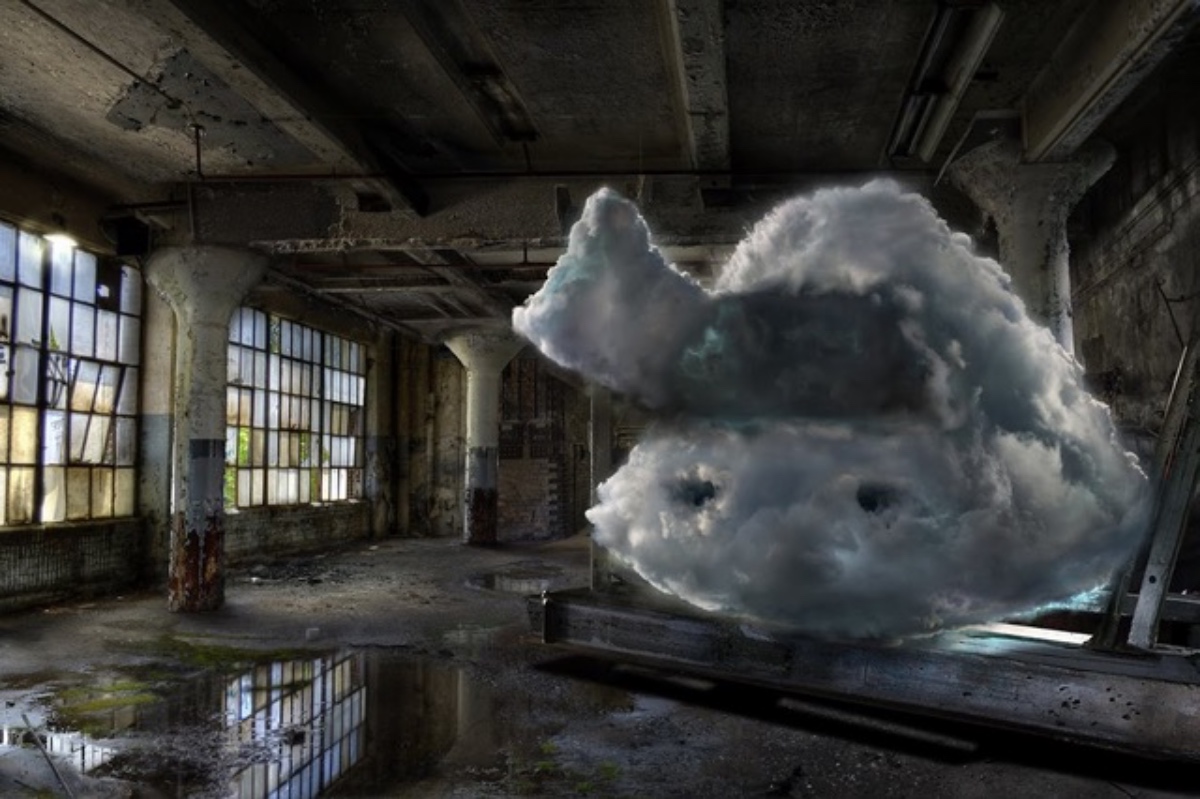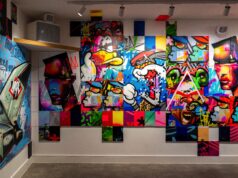The London Group, the UK’s longest-running and most prestigious artists’ co-operative, announced its 84th open exhibition’s prize winners. Prizes totalling over £9,000 have been awarded to 11 artists following a successful 2019 show.
Formed in 1913 by thirty-two artists from the Camden Town Group and English Vorticists, including Jacob Epstein, Wyndham Lewis and Walter Sickert, The London Group’s aim was to create an independent artist-led exhibiting body to counterbalance the power of institutions such as the Royal Academy.
Since its foundation, the organisation has been an integral force in contributing to diverse and emerging artistic talent across Britain.
The Group’s mentoring and exhibiting programme has gone on to support the careers of many of Britain’s best-known artists. Paula Rego, Frank Bowling, Frank Auerbach, Barbara Hepworth, David Hockney, L.S. Lowry, Henry Moore, Graham Sutherland and Mary Fedden are among those who have benefitted from membership to the London Group throughout their careers.
This year’s London Group Open winners’ showcases an extraordinary diversity of work: from the remains of a shipwrecked migrant boat to the laser scan of sacred Maori caves and a body-positive abstract sculpture.
The Ingram Collection Purchase Prize, worth £2,000, went to Barbara Nati for Shooting clouds. In her digital collage, the artist reflects on cloud seeding, a technique using the dispersion of chemicals into clouds to increase the rain or snow they produce. Nati imagines a dystopian future where natural clouds become darker and stormier, giving way to threatening and anthropized avatars. The resulting piece is a disturbing rendering of the desire to confine what by its nature is impalpable and free.
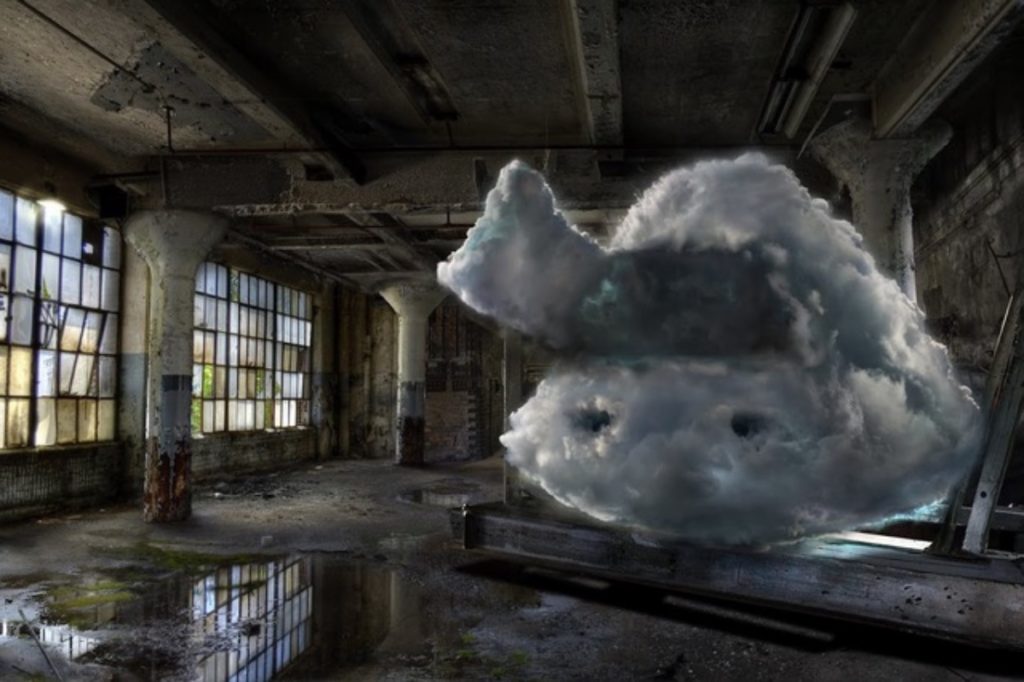
Josh Grey-Jung was awarded the Victor Kuell Memorial Prize for innovation, worth £1,000, for The Reservoir, an installation consisting of a glass tank, a video and several audio recordings. Reflecting on his unconscious inheritance of his ancestor’s memories, the artist asked his mother and grandmother to retell events from their childhoods. Grey-Jung thus discovered recurring patterns in his own relationships and questioned how our decisions and actions are influenced by events that occurred before we were even born.
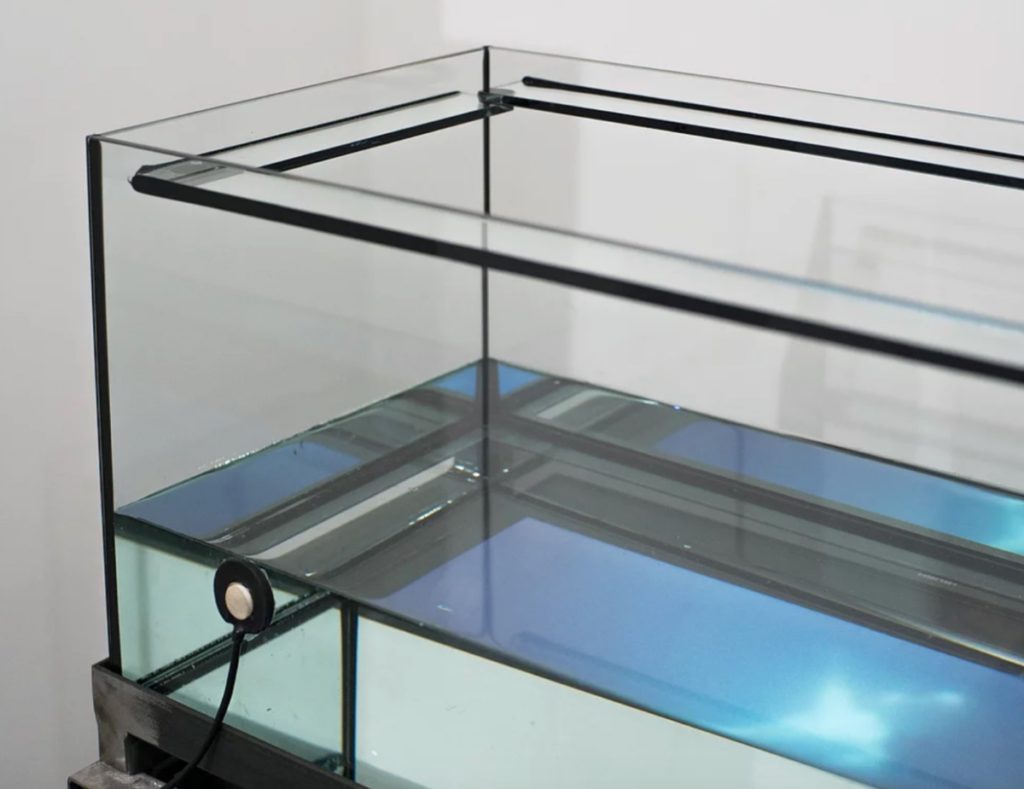
The Chelsea Arts Club Trust Stan Smith Award for research and materials for an artist under 35, worth £750, went to Bethany Marett for Corpus, a sculpture made out of silicone and algae. In a liminal state between abstract and figurative, this piece is about the artist’s own body – although its presence is implied, not represented overtly. In fact, Marett fragments and re-imagines her body from a socially-engaged and feminist perspective, as a reaction to culturally imbued shame and objectification.
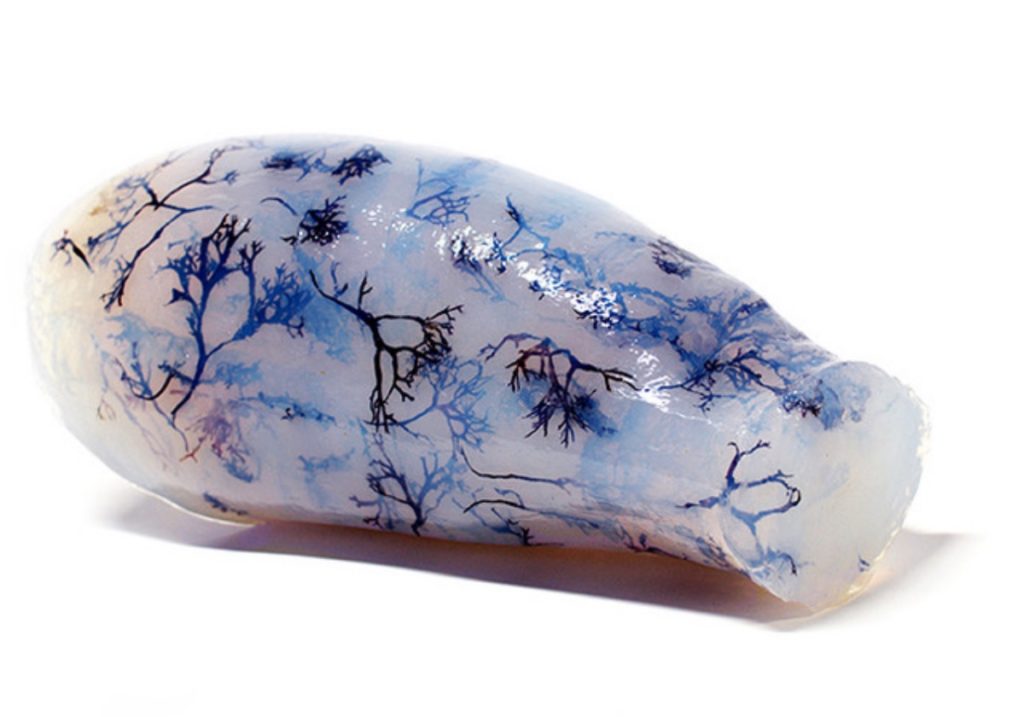
Chirag Jindal received the Schauerman Digital Art Prize, worth £500, for N°12, The Uncanny, a 3D scan made using a new form of laser imaging technology known as LiDAR. The instrument uses light to collect millions of precisely-measured points and translate the physical world into a digital facsimile. The piece is part of a series entitled Into the Underworld, in which New Zealand-based artist Chirag Jindal documents the lava caves of Auckland – an unseen landscape considered sacred by local Maori, once used as burial grounds and war shelters. Long considered urban legends, widely ignored by the general public, and endangered in an increasingly urbanised environment, the ancient caves are put into a new light by Chirag Jindal’s work.
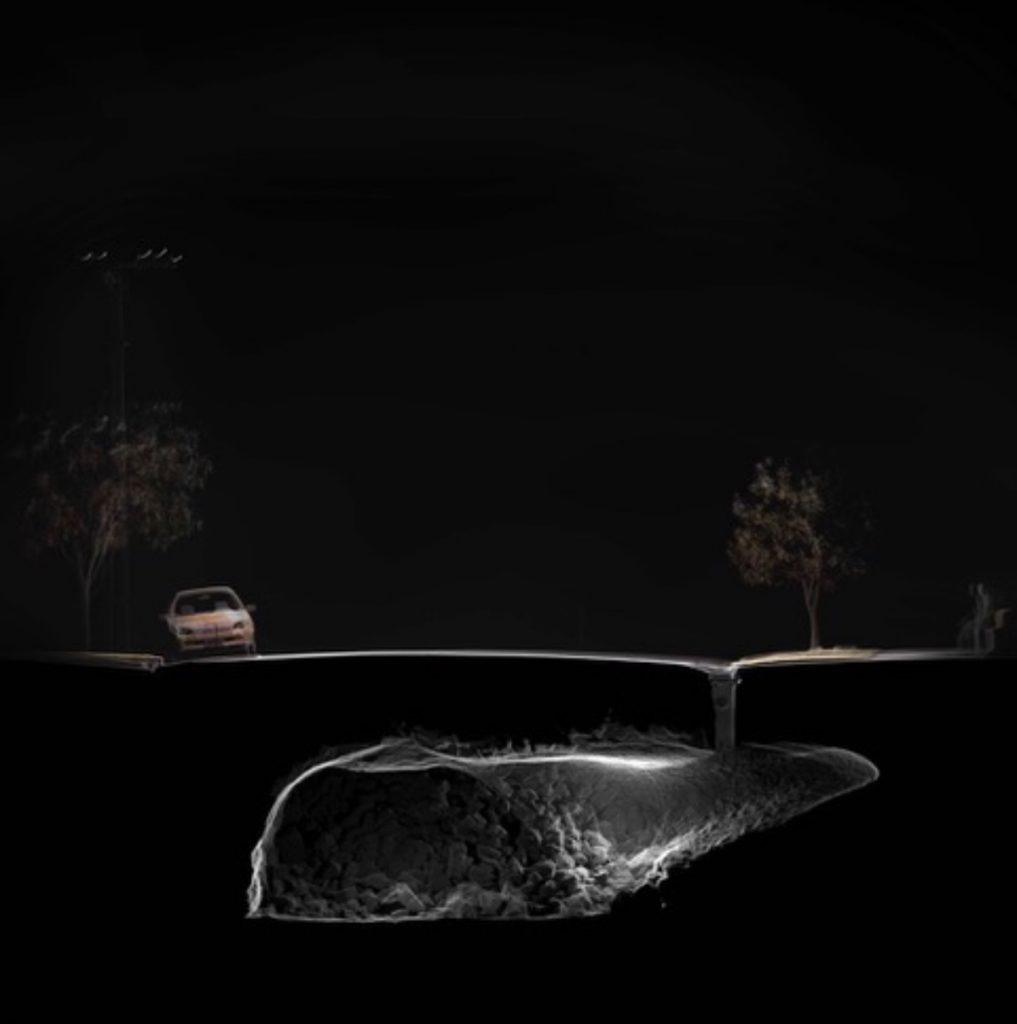
The Artlyst Prize, worth £500, was awarded to Leave or Remain by Maya Ramsay. This artist works with politically important sites to capture visual histories that would otherwise be lost or unseen. Using the remains of a shipwrecked migrant boat, she created an artwork on the fence of politics and aesthetics. Leave or Remain is both a profound reflection on why people risk their lives to leave their countries and a powerful testament to migrants who have died at sea.
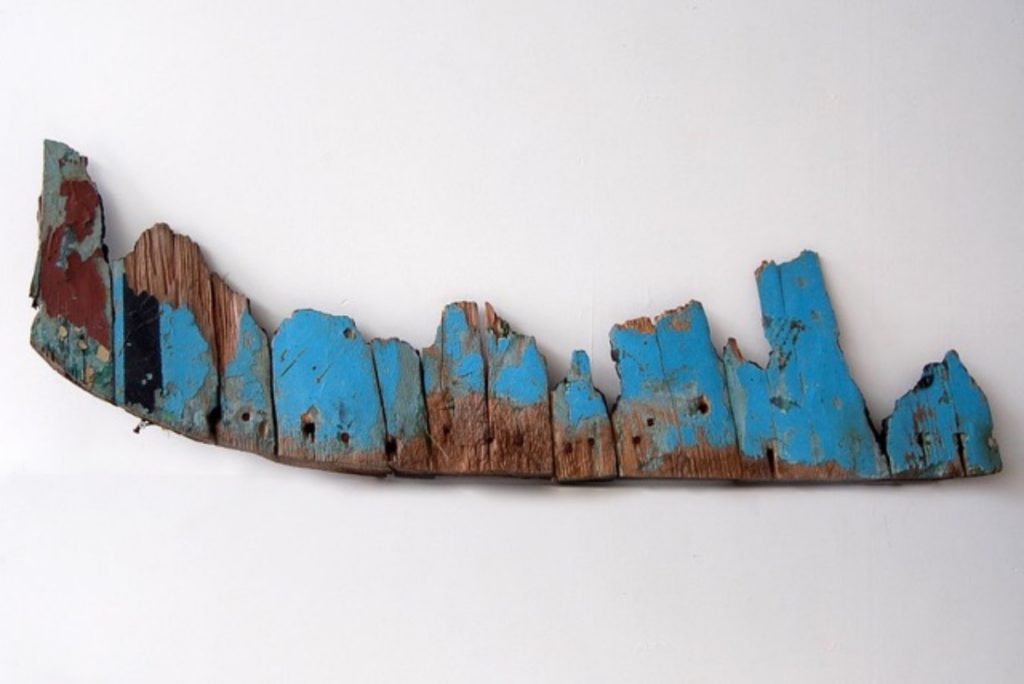

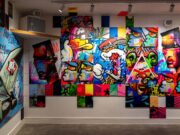
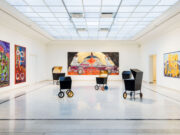
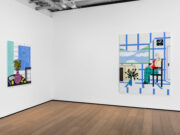
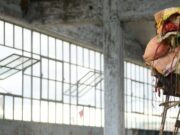
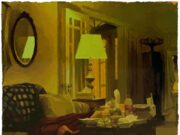

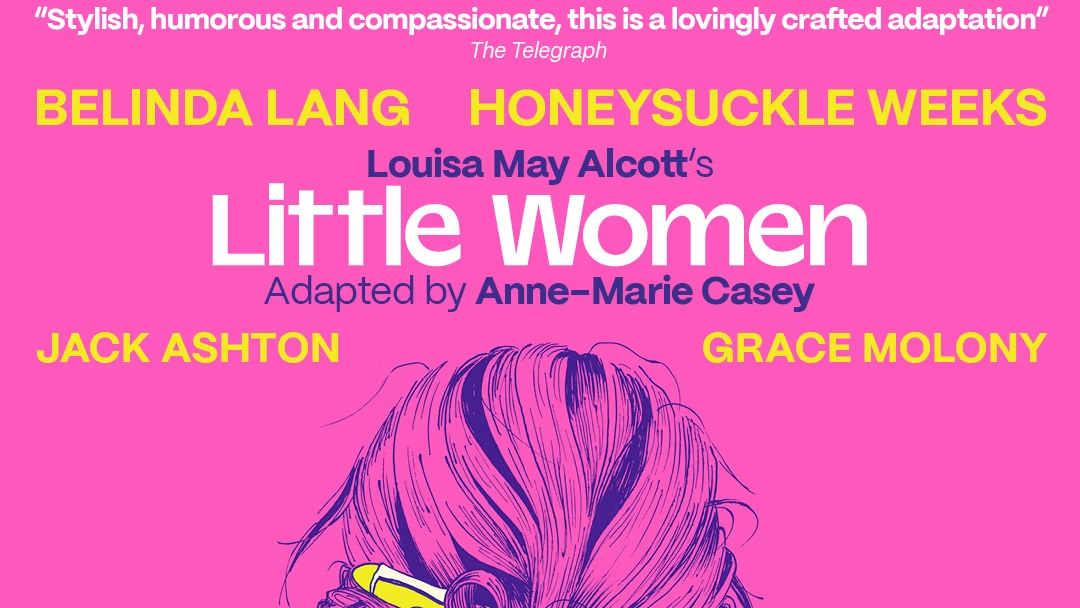

![Antigone [on strike] | Review Ali Hadji-Heshmati and Hiba Medina in Antigone [on strike] at Park Theatre, London. Photo: Nir Segal](https://theartiscapegallery.com/wp-content/uploads/2025/02/Antigone-on-strike-photo-by-Nir-Segal-D1_Standard-180x135.jpg)

